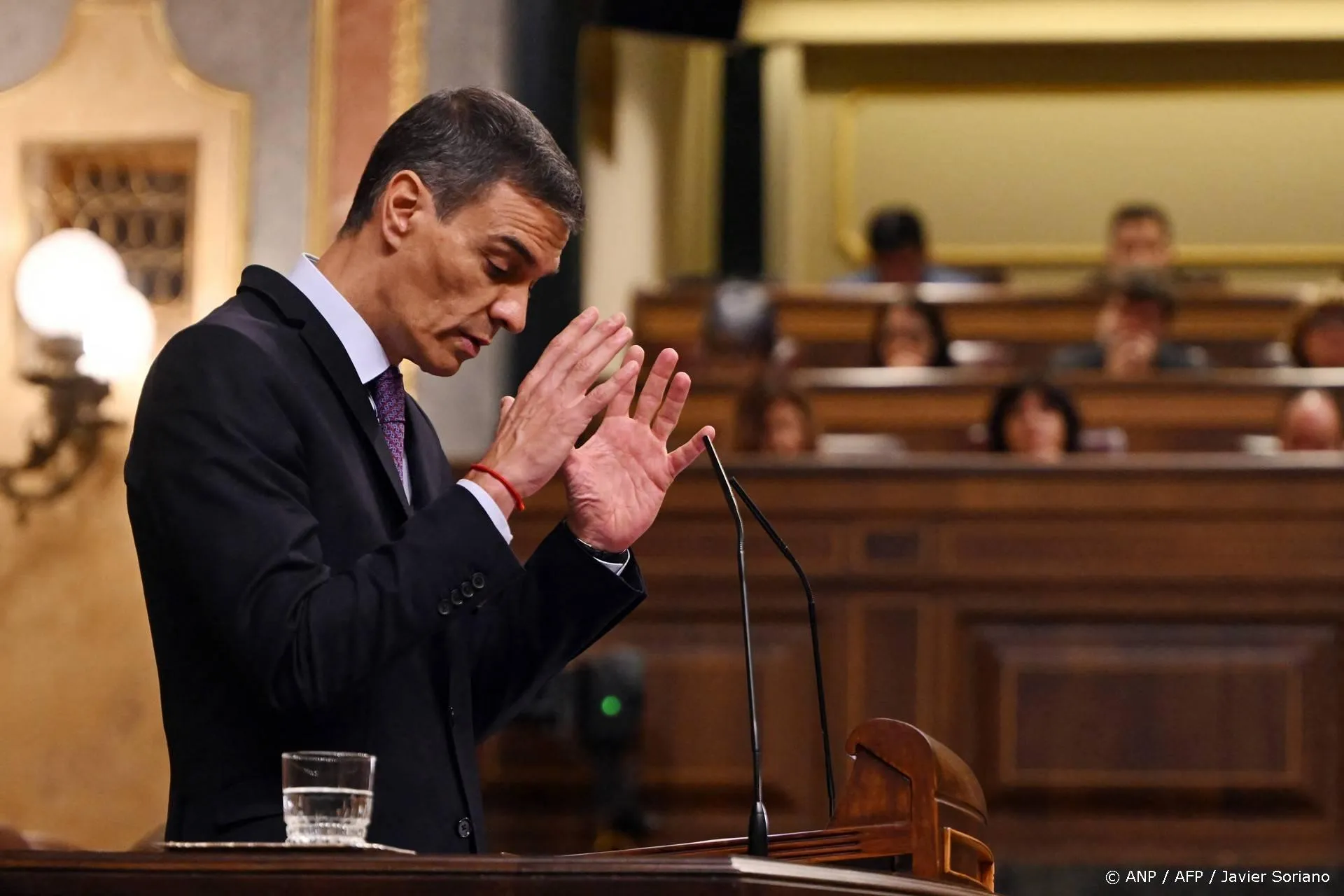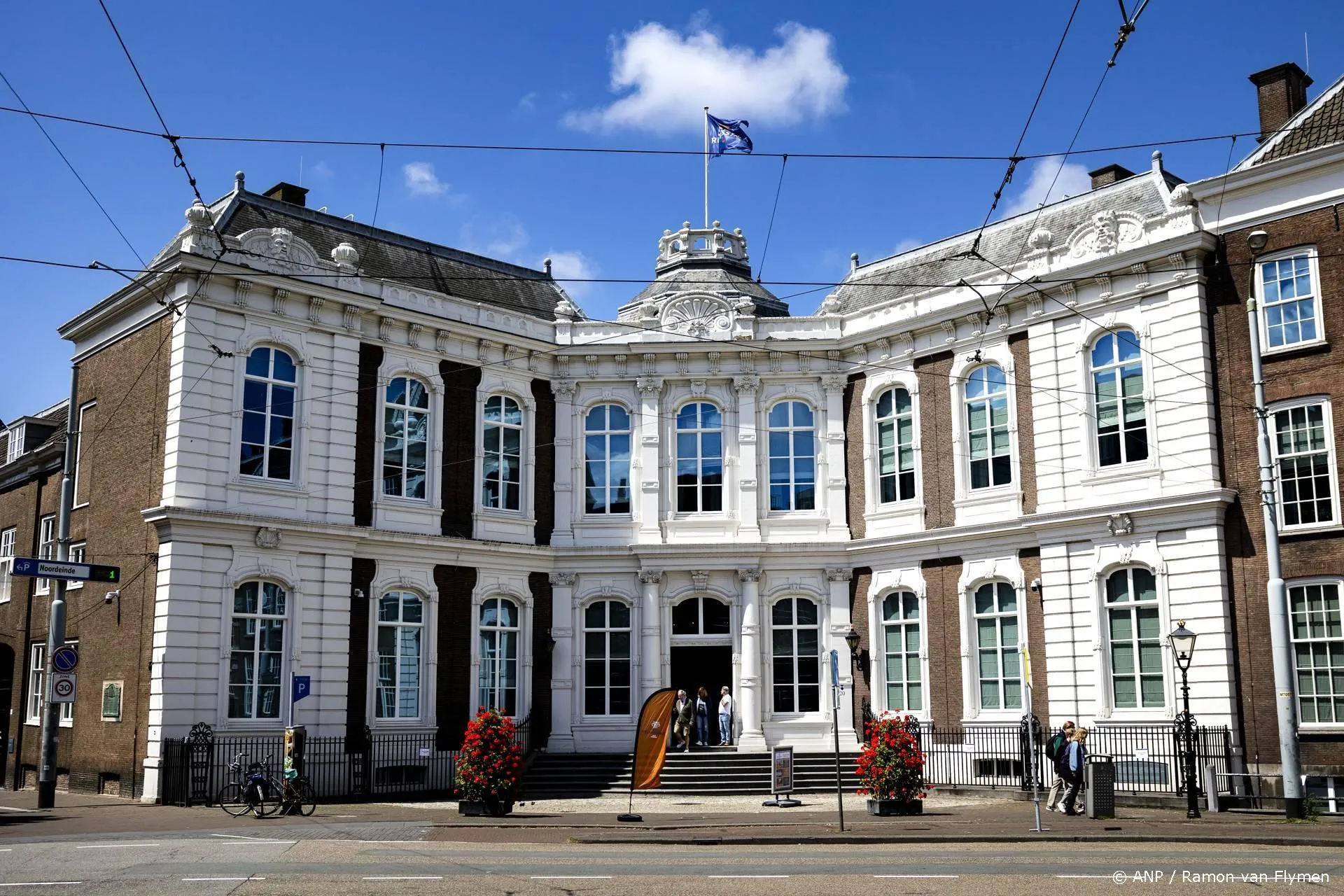Europees cijferfetisjisme
Eurocommissaris Günther Oettinger bepleit Europese herindustrialisatie
De EU heeft een 20-20-20 doelstelling. Die houdt in dat in 2020 de Europese CO2-uitstoot met 20% moet zijn gedaald, de energieefficiëntie moet met 20% zijn verhoogd en 20% van de energievoorziening dient uit duurzame energie te bestaan. Geen enkel andere regio in de wereld heeft zo'n doelstelling. De kosten van het bereiken van die doelstelling zijn duizelingwekkend. Het klimaateffect daarvan is niet meetbaar, zelfs niet als men de modellen van de klimaatalarmisten gebruikt (die overigens niet deugen, zoals ik al vaak heb aangetoond).
Eurocommissaris Oettinger probeert nu wat tegengas te geven. Daartoe introduceert hij een nieuwe 20%-doelstelling: de industriële sector in de Europese economie dient weer tot zo'n 20% van Het BNP te groeien. Thans is dat 18%.
Eur-Activ rapporteert daarover het volgende:
Europe is at a competitive disadvantage because of a reluctance to take risks on offshore oil drilling and tar sands, and a failure to fully explore its shale gas options, EU Energy Commissioner Günther Oettinger says.
Speaking at an energy conference in Brussels on 17 July, Oettinger expanded on his recent call for Europe to add a fourth target a 20% industrial contribution to GDP to the EUs three 2020 climate-related goals.
Asked by EurActiv how the industrial target could be met, Oettinger replied that the EU faced three disadvantages in competing with the United States: a greater dependence on imports of oil and gas, and correspondingly higher energy prices.
In the US theres a process to re-industrialise the country first by oil. Whoever rules in Washington, one gallon cant be more than $4, he said.
Washington also offers lower initial taxation.
They accept some risks with offshore drilling for own sources in the Gulf of Mexico and they accept [tar] sand oils and others, the commissioner said. By contrast, we import oil and have high taxation.
The result is that Europes transport and industrial sectors are disadvantaged, Oettinger said.
Gerben-Jan Gerbrandy, the Liberal vice chair of the European Parliaments environment committee, described Oettingers words as a very interesting quote from an energy commissioner who also has long-term targets for renewables.
The EU is pledged to increase the share of renewable sources such as wind and solar in national energy mixes to 20% by 2020, as well as cutting CO2 emissions by 20% on 1990 levels, and making voluntary energy savings of the same amount.
But Europes industrial associations and the EUs energy directorate are increasingly restive about the costs of climate action in a recession....
Underwriting Oettingers analysis is a concern that industrys contribution to European GDP fell from 22% in 2000 to 18% in 2010. We need more industrial production, [Gerbrandy] said.
Because power prices in northern Italy were twice as expensive as in the US, the commissioner proposed a clear energy price strategy to avoid an ongoing process of deindustrialising Europe.
This was welcomed by the EUs energy intensive sector, which has lobbied heavily for more support.
We cannot deny that the cost of energy is too high in Europe and the tendency is to see it increasing, David Valenti, a spokesman for the European steel association, Eurofer, told EurActiv.
We also have to pay for renewables, and the carbon price that energy producers are passing on in their power prices, he added. These are all things that put us at a disadvantage.
Lees verder hier.
De richting van dit initiatief van Oettinger is goed. Maar het is te weinig en te laat. Europa dient gewoon afstand te nemen van het cijferfetisjisme en de 20-20-20-doelstelling te laten vallen, die - ik herhaal het nog maar eens ad nauseam - geen enkel meetbaar klimaateffect heeft. Het is 'all pain and no gain'. Als die doelsteling eenmaal is gedeponeerd op de schroothoop van de geschiedenis, komt het met die 20% industrialisatie vanzelf wel goed.
Ga verder met lezen
Dit vind je misschien ook leuk
Laat mensen jouw mening weten


